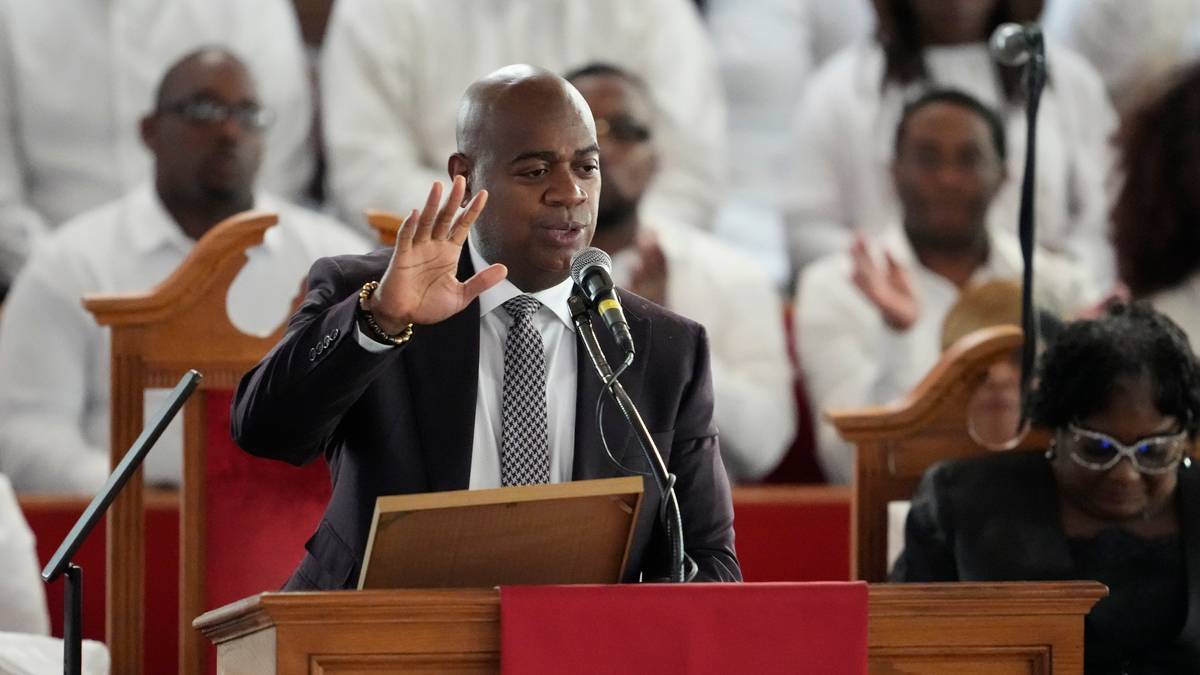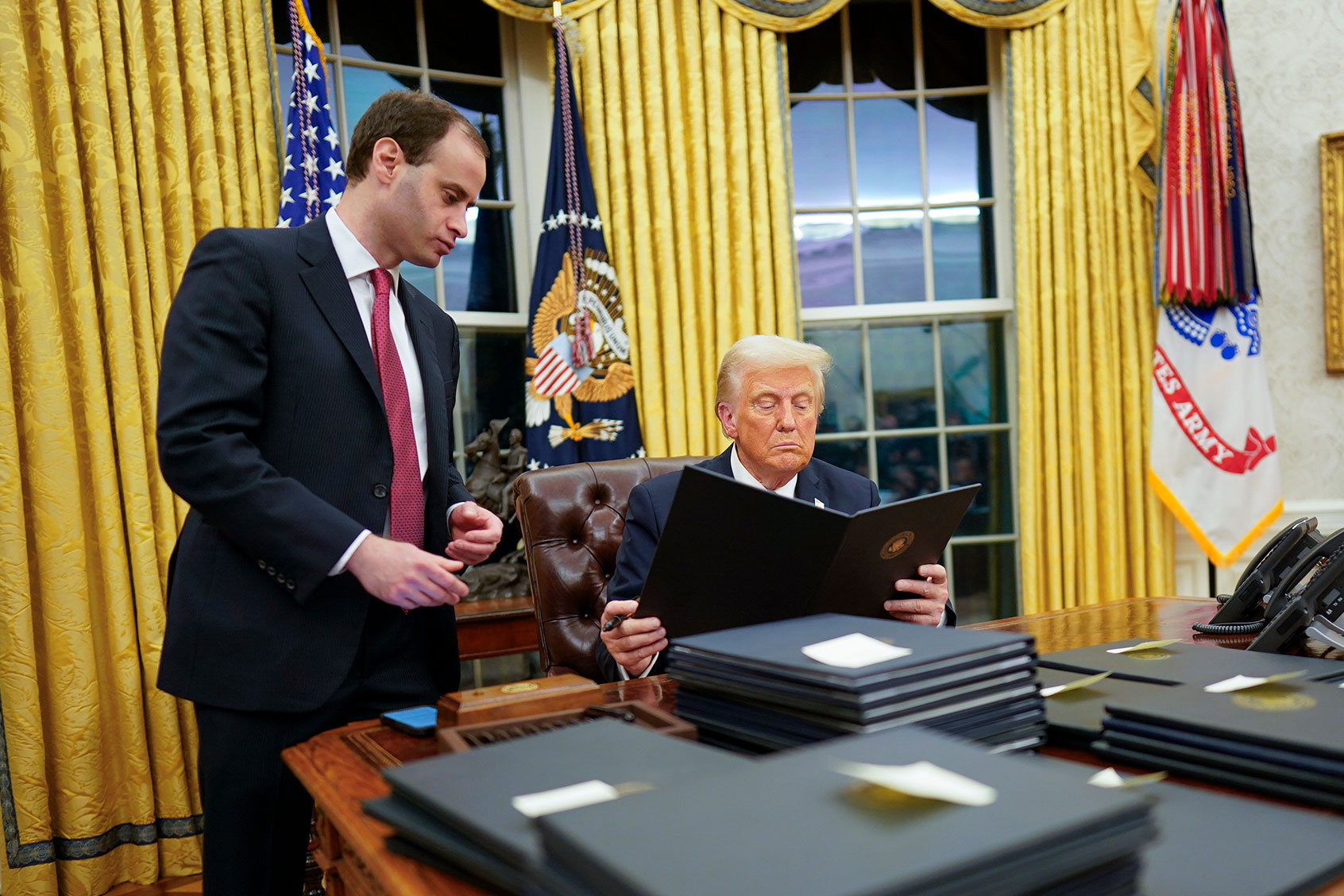The starting point is an imagined, alternate
aristocracy (ruled by a philosopher-king); a just government ruled by a
philosopher king, dominated by the wisdom-loving element. Aristocracy degenerates into
timocracy when, due to miscalculation on the part of its governing class, the next generation includes persons of an inferior nature, inclined not just to cultivating virtues but also producing wealth. In a timocracy, governors will apply great effort in gymnastics and the arts of war, as well as the virtue that pertains to them, that of courage. As the emphasis on honor is compromised by wealth accumulation, it is replaced by oligarchy. The oligarchic government is dominated by the desiring element, in which the rich are the ruling class. Oligarchs do, however, value at least one virtue, that of temperance and moderation—not out of an ethical principle or spiritual concern, but because by dominating wasteful tendencies they succeed in accumulating money.
As this socioeconomic divide grows, so do tensions between social classes. From the conflicts arising out of such tensions, the poor majority overthrow the wealthy minority, and
democracy replaces the oligarchy preceding it. In
democracy, the lower class grows bigger and bigger.
The populism of the democratic government leads to mob rule, fueled by fear of oligarchy, which a clever demagogue can exploit to take power and establish tyranny where no one has discipline and society exists in chaos. In a tyrannical government, the city is enslaved to the tyrant, who uses his guards to remove the best social elements and individuals from the city to retain power (since they pose a threat), while leaving the worst. He will also provoke warfare to consolidate his position as leader. In this way, tyranny is the most unjust regime of all.

 www.nrk.no
www.nrk.no






















